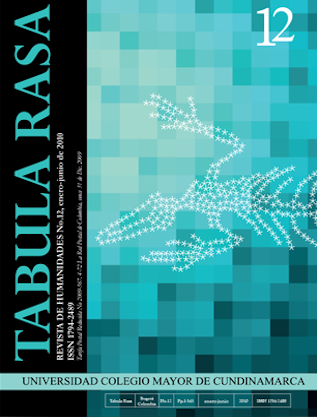Review. Dream fabrics: mobility, capitalism and biopolitics in Bogotá (1910-1930)
Reseña. Tejidos Oníricos: movilidad, capitalismo y biopolítica en Bogotá (1910-1930)
Show authors biography
The entry of Colombia into the industrial phase of the modern / colonial world system, which includes from the loss of Panama to the beginning of the liberal Republic, brought with it a series of transformations that would forever change its social structure. The factory emerged as the central axis of the mode of production, although the hacienda and the colonial subjectivities linked to it continued to function. Colombia manages to enter this phase only until the end of the first decade of the twentieth century because throughout the previous century the country served as a pantry for the industrialization of central countries, but without the "cultural logic" of industrial capitalism had any impact in internal social relations. During the first decades of the twentieth century, we attended, then, an experience of capitalism that deterritorialized colonial inheritances, but not annihilating them but restoring them and feeding on them. This is the starting point of the last book of the Colombian philosopher Santiago Castro-Gómez. The author is interested not in the economicist vision of capitalism, but in the practices from which it can be said that capitalism took root in Colombia. Practices that do not necessarily go through the constitution of companies, capital flows or financial institutions, but through much more "molecular" areas. For the author, capitalism should not be analyzed only from the point of view of the production of goods but also, and above all, from the perspective of the production of subjectivities that make his experience possible. It is not, then, capitalism in itself but the experience of capitalism that interests our philosopher.
Article visits 92 | PDF visits 48




